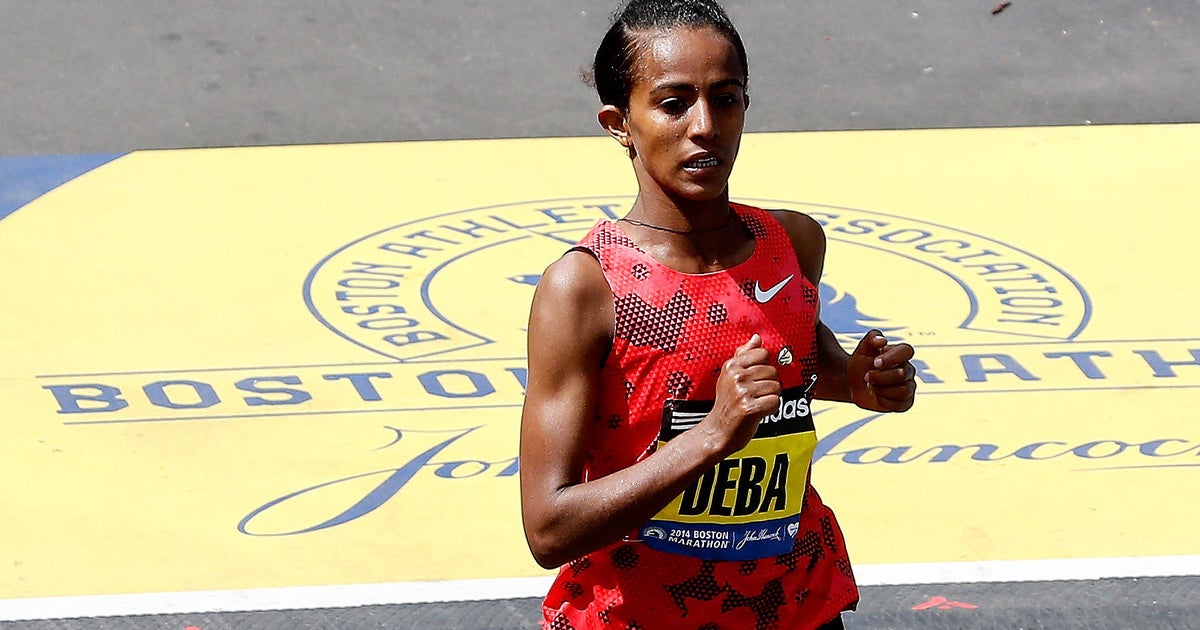COVID-19 Booster Shots - Dr. Mallika Marshall Explains What You Need To Know
BOSTON (CBS) - U.S. health officials have been talking about the possible need for COVID-19 vaccine booster shots for a long time, so we knew this day might come.
Now we have data showing that the effectiveness of the mRNA vaccines against infection declines over time. And as you know we're seeing more breakthrough infections. The goal of the vaccines is not necessarily to prevent infection but to prevent severe illness. And while the vaccines appear to remain effective against severe disease, hospitalization, and death, health officials worry that could also diminish over time. So they're suggesting that people who received the Pfizer or Moderna vaccines should get a third dose eight months after their second dose.
The plan is to start administering those third doses the week of September 20 but not everyone will be eligible at once.
The priority groups will include nursing home residents, older individuals who were vaccinated early on, and health care workers. I received my second dose on January 7 so I'm coming up to the eight-month mark in the next couple of weeks and welcome an additional dose when it's time.
It's important to note that Wednesday's announcement applies only to the Pfizer and Moderna vaccines.
So what about people who received the Johnson & Johnson vaccine?
Right now, they remain in a holding pattern, which I know is frustrating.
Johnson & Johnson is currently studying whether giving a second dose of their vaccine is safe and effective. We expect to hear more in the next few weeks. We also are hoping to get more clarity in the next few weeks on whether it's both safe and effective to mix and match vaccines. So if you received the J&J vaccine, hold tight. We'll have more information for you soon.



